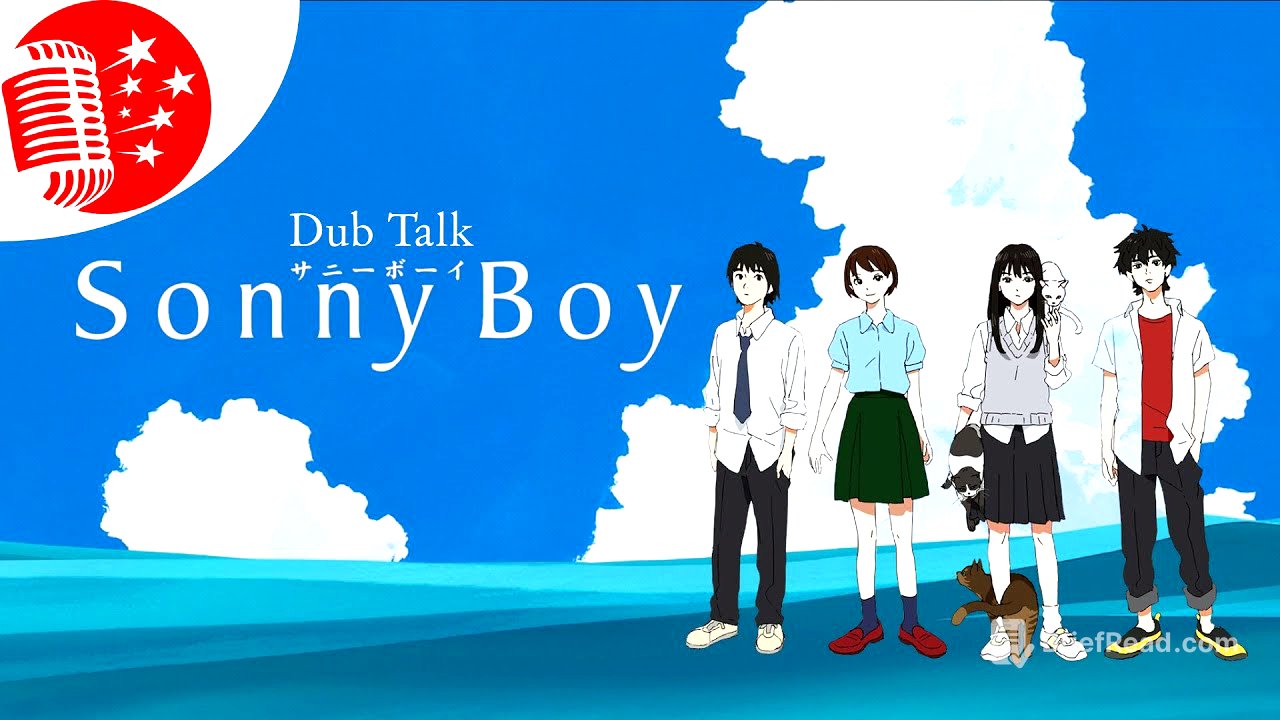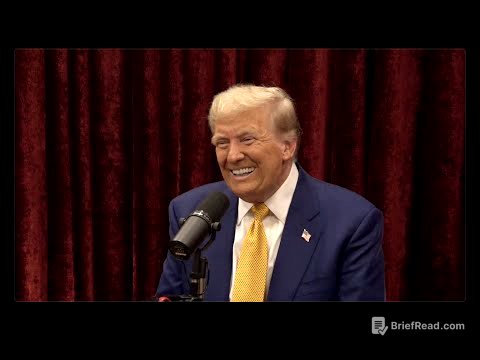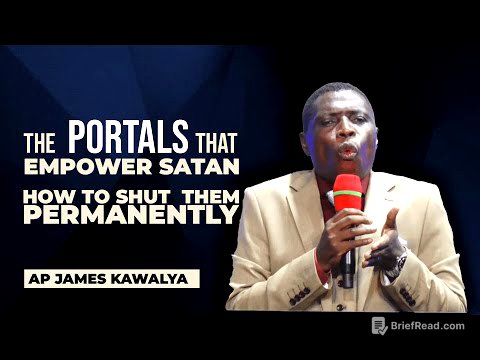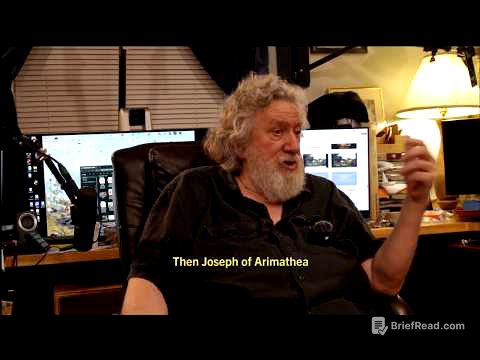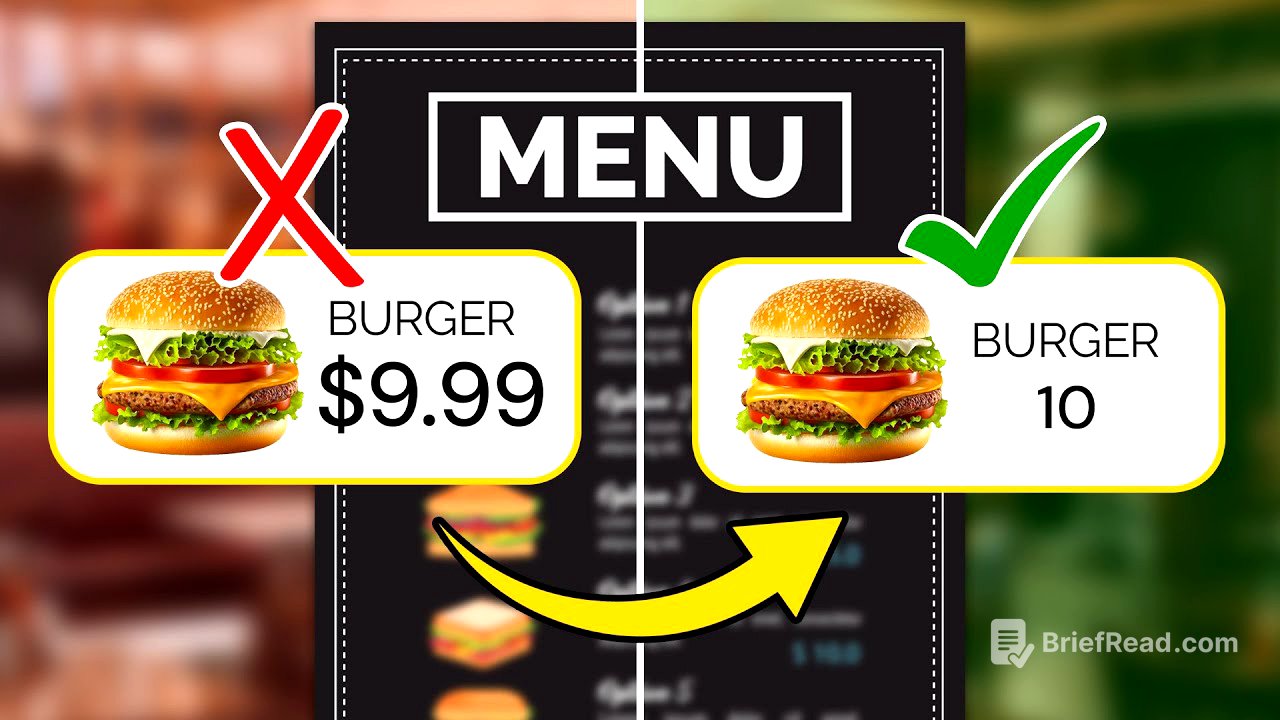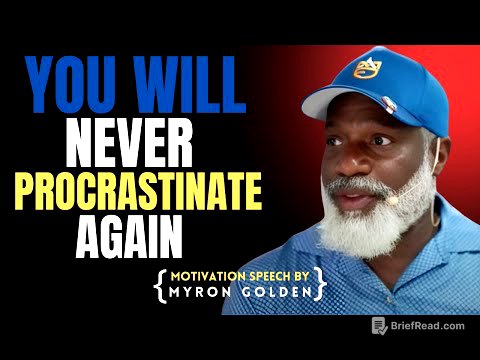TLDR;
The Dub Talk podcast discusses the anime "Sunny Boy," praising its unique narrative, directorial choices, and the English dub's quality. The hosts analyze the plot, characters, and voice acting, highlighting the show's themes of stagnation versus progress and the complexities of its characters. They commend the scriptwriting and the performances of the voice actors, noting how well they capture the essence of the characters and the show's overall tone.
- The anime "Sunny Boy" is praised for its unique narrative and directorial choices.
- The English dub is commended for its quality and casting choices.
- The hosts analyze the plot, characters, and voice acting, highlighting the show's themes.
Intro [0:03]
Mr. Roots introduces himself as the substitute teacher for the day, humorously addressing the class and setting the stage for an educational video. He lays down three rules, all variations of "shut your yap," before diving into the content.
Show Intro and Overview of Sunny Boy [1:13]
Patrick, also known as Roots of Justice, welcomes everyone to Dub Talk, where they discuss anime dubs and voice acting. For his birthday episode, they're covering "Sunny Boy," a sleeper hit with a fantastic soundtrack, with Shinichiro Watanabe as the music advisor. The episode will spoil the entire show and serve as a thesis statement about doing this kind of show.
Plot Description and Shingo Natsume's Direction [3:26]
The plot of "Sunny Boy" involves 36 boys and girls who find themselves adrift in another dimension when their school begins to drift, awakening supernatural abilities. Shingo Natsume, the director and writer, is known for abstract storytelling, and "Sunny Boy" is his unfiltered work. The show feels like it was made 15-20 years ago and rediscovered, perfectly capturing the out-of-time feeling experienced by the students in the drifting classroom.
ADR Production Crew [6:51]
Alexis Tipton directed the dub, with Sarah Ragsdale possibly assisting. Tyler Walker and Matt Shipman handled the scripts. Alexis Tipton's directorial work includes "Restaurant to Another World" and "The Dragon Goes House Hunting." Tyler Walker's scriptwriting credits include "Ace Attorney" and "Dr. Stone," while Matt Shipman wrote scripts for episodes 4, 5, and 9 of "Sunny Boy," with previous work on "Back Arrow" and "Boogiepop and Others."
General Thoughts on the Dub [9:06]
The dub is considered solid, with natural performances that capture the essence of teenagers. The script is close to the original Japanese, preserving hidden meanings and dialogue. The show is dense and artsy, making the English dub easier to digest. The direction and script complement the show well, with down-to-earth performances. The dub captures the avant-garde aspects of the series and feels like a dub out of time, with conversational dialogue and minimal internal narration.
Student Council: Cap, Hoshi, and Machi [20:42]
The student council, consisting of Cap (Patrick Seitz), Hoshi (Ry McKeen), and Machi (Lauren Landa), initially appear antagonistic but later serve to maintain order and allow exploration. Hoshi, in particular, surprises by becoming a moral center. Patrick Seitz's Cap is commanding and intimidating, while Ry McKeen's Hoshi is two-faced but sincere. Lauren Landa's Machi is serious but shows contempt for Mizuho.
Student Council Voice Acting Analysis [23:44]
Lauren Landa effectively portrays Machi's stern authority and underlying spitefulness towards Mizuho. Patrick Seitz excels as Cap, particularly in selling the fictional monkey baseball league. Ry McKeen's Hoshi is both intimidating and sincere, embodying a politician-like character who genuinely cares for his classmates. The actors successfully convey the teenage nature of their characters, highlighting their flaws and complexities.
Student Council Continued and Show Analysis [28:46]
The discussion continues on the student council, with emphasis on Lauren Landa's performance as Machi, capturing her spiteful nature towards Mizuho. Patrick Seitz's portrayal of Cap is highlighted for his ability to make the character both amusing and terrifying, especially during moments of spitefulness. Ryan Mateen's Hoshi is analyzed as a character initially perceived as an antagonist but ultimately revealed to be a benevolent politician. The show's emphasis on the characters' teenage nature is appreciated, drawing parallels to "Lord of the Flies."
Antagonists: Misaki, War, and Voice [43:39]
The antagonists, including Misaki (Trina Nishimura), War (Robert McCollum), and Voice (Frank Todaro), disrupt the students' attempts to return home. Misaki militarizes the kids, War is a destructive force, and Voice, manifesting as the principal, thwarts their efforts. Trina Nishimura's Misaki is unsettling, Frank Todaro's Voice is imposing and mysterious, and Robert McCollum's War is broken and nefarious.
Antagonists Voice Acting Analysis [47:45]
Trina Nishimura's portrayal of Misaki is praised for her ability to convey the character's bad vibes and manipulative nature. Frank Todaro's performance as the Voice is noted for its imposing and mysterious presence, leaving the audience questioning his true motives. Robert McCollum's depiction of War is highlighted for its broken and nefarious qualities, making him a memorable character despite his limited screen time.
Yamada and Kodama [1:08:04]
Yamada (Christopher Wehkamp) and Kodama (Jill Harris) are characters primarily featured in episode 8. Yamada, a student who has wandered through many worlds, meets Kodama, who can create anything. Their relationship and the tragic events that befall them are discussed. Jill Harris's Kodama is warm and inviting, while Christopher Wehkamp's Yamada is both alien and kind.
Yamada and Kodama Voice Acting Analysis and Show Themes [1:11:32]
Jill Harris is commended for her portrayal of Kodama, capturing her friendly and caring nature. Christopher Wehkamp's performance as Yamada is praised for conveying the character's alien yet kind demeanor. The episode explores themes of relationship dynamics and the consequences of one-sided devotion. The show's commitment to avoiding easy resolutions and its exploration of complex characters are highlighted.
Asakaze and Rajdhani [1:27:31]
Asakaze (Damon Mills) and Rajdhani (Siddhartha Minhas) are introduced as characters with significant roles. Asakaze, with the ability to fracture reality, is manipulated by Misaki. Rajdhani, an exchange student with the ability to create tools, seeks to understand the nature of the other worlds. Damon Mills's Asakaze is a spoiled brat, while Siddhartha Minhas's Rajdhani is curious and reasonable.
Asakaze and Rajdhani Voice Acting Analysis [1:31:03]
Damon Mills is praised for his consistent excellence in voice acting, portraying Asakaze as an insecure and edgy teenager. Siddhartha Minhas receives high praise for his performance as Rajdhani, capturing the character's curiosity, intelligence, and reasonableness. The importance of diverse casting and the opportunities created by remote recording are discussed.
Nozomi, Mizuho, and Nagara [1:55:58]
Nozomi (Lucy Christian), Mizuho (Tia Ballard), and Nagara (Derek Snow) are the main characters. Nozomi, who can see a light that leads home, is a free spirit. Mizuho, with cats that can get her anything, is complex and reclusive. Nagara, who can escape to other worlds, is blamed for the drifting. Lucy Christian's Nozomi is a natural rebel, Tia Ballard's Mizuho is a grumpy teenager, and Derek Snow's Nagara is a quiet and disaffected teenager.
Nozomi, Mizuho, and Nagara Voice Acting Analysis [1:59:54]
Lucy Christian's portrayal of Nozomi is praised for capturing her rebellious and independent spirit. Tia Ballard's performance as Mizuho is noted for conveying the character's grumpy and reclusive nature. Derek Snow's depiction of Nagara is highlighted for capturing his quiet and disaffected demeanor. The actors' ability to bring depth and complexity to their characters is commended.
Final Thoughts and Show Recommendations [2:16:47]
The hosts share their final thoughts on "Sunny Boy," praising its density, complex characters, and unique animation style. The show's themes of stagnation versus progress and the importance of moving forward are highlighted. The dub is commended for its quality and casting choices. The hosts encourage viewers to check out the show and its soundtrack.
Plugs and Sign Off [2:24:01]
The hosts provide information on where to watch "Sunny Boy" and promote their various social media accounts and Patreon. They thank their patrons and sign off, encouraging listeners to re-roll the dice and face the future with conviction.
